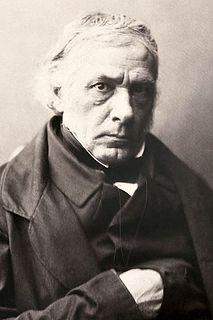A Quote by Susan Sontag
Unfortunately, moral beauty in art - like physical beauty in a person - is extremely perishable. It is nowhere so durable as artistic or intellectual beauty. Moral beauty has a tendency to decay very rapidly into sententiousness or untimeliness.
Related Quotes
It is not expensive to be beautiful. It takes only a little effort to be presentable and beautiful. But it takes some effort. And unfortunately people think of beauty as luxury, beauty as frivolity, ... or extravagance. Beauty is a discipline, beauty is art, is harmony, in the ideological sense and in the theological sense, beauty is God and love made real. And the ultimate reach in this world is beauty.
Art itself is essentially ethical; because every true work of art must have a beauty or grandeur of some kind, and beauty and grandeur cannot be comprehended by the beholder except through the moral sentiment. The eye is only a witness; it is not a judge. The mind judges what the eye reports to it; therefore, whatever elevates the moral sentiment to the contemplation of beauty and grandeur is in itself ethical.
What people love about life is its miraculous beauty; what they hate about death is the loss and decay around it. Yet losing is not losing, and decay turns into beauty, as beauty turns back into decay. We are breathed in, breathed out. Therefore all you need is to understand the one breath that makes up the world.
The experience of beauty is in the eye of the beholder, as they say. The artist's relation to the object of beauty, how the art makes that happen, is a whole other subject. Beauty is an event. Beauty is something that happens. There is no such thing as a beautiful object or a beautiful woman. These things do not come near it - the experience of beauty, the event of beauty. The anxiety about it is what makes it such a central concern of culture and makes us so interested in it.
The beauty of a finely worked object points to the beauty of the craftsmanship. The beauty of the craftsmanship points to the beauty of the name which was the source of the craftsmanship. The beauty of the name of the craftsman's art points to the beauty of the craftsman's attributes manifested in that art.
A spontaneous act of generosity, performed with unselfish grace is an example of moral beauty, as are certain acts of courage; genuine modesty is a possible example, as is selfless love. Although moral beauty is a natural gift, it is nevertheless more likely to emerge and flourish in societies that appreciate and encourage it.


































